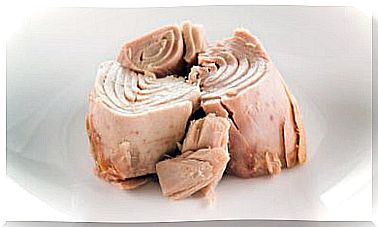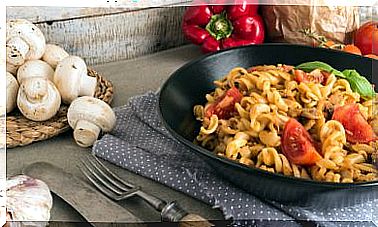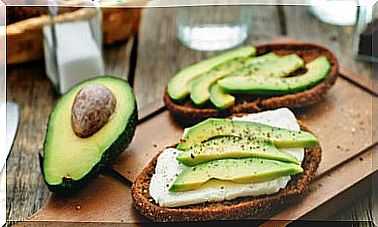How To Make Homemade Basil Oil
Homemade basil oil is a product that can be used to dress vegetables or as a base for preparing more complex dishes. It stands out for its aromatic properties and for its nutritional value. Next we are going to show you how to prepare it so that you can ensure its quality.
You should never neglect the lipid intake of the diet. Despite its bad reputation, it is necessary to distinguish between those who are healthy and those who are not. A proper eating plan includes them in their proper measure.
How is homemade basil oil?
Before getting fully into the preparation of homemade basil oil, it is necessary to review the most prominent nutrients found in this product. Among the fatty acids that comprise it, the most beneficial of all of them are omega 3.
These lipids have been shown to be capable of reducing cardiovascular risk by modulating inflammation in the body. This is evidenced by a study published in The Cochrane Database of Systematic Reviews.
In addition, this type of fat is effective in helping to treat other inflammatory conditions, such as arthritis. There is scientific evidence to recommend the intake on a regular basis.
On the other hand, it is good that there is a balance between the contribution of omega 3 and omega 6 fatty acids. For this, it is necessary to reduce the consumption of processed foods and increase the consumption of natural oils and oily fruits.
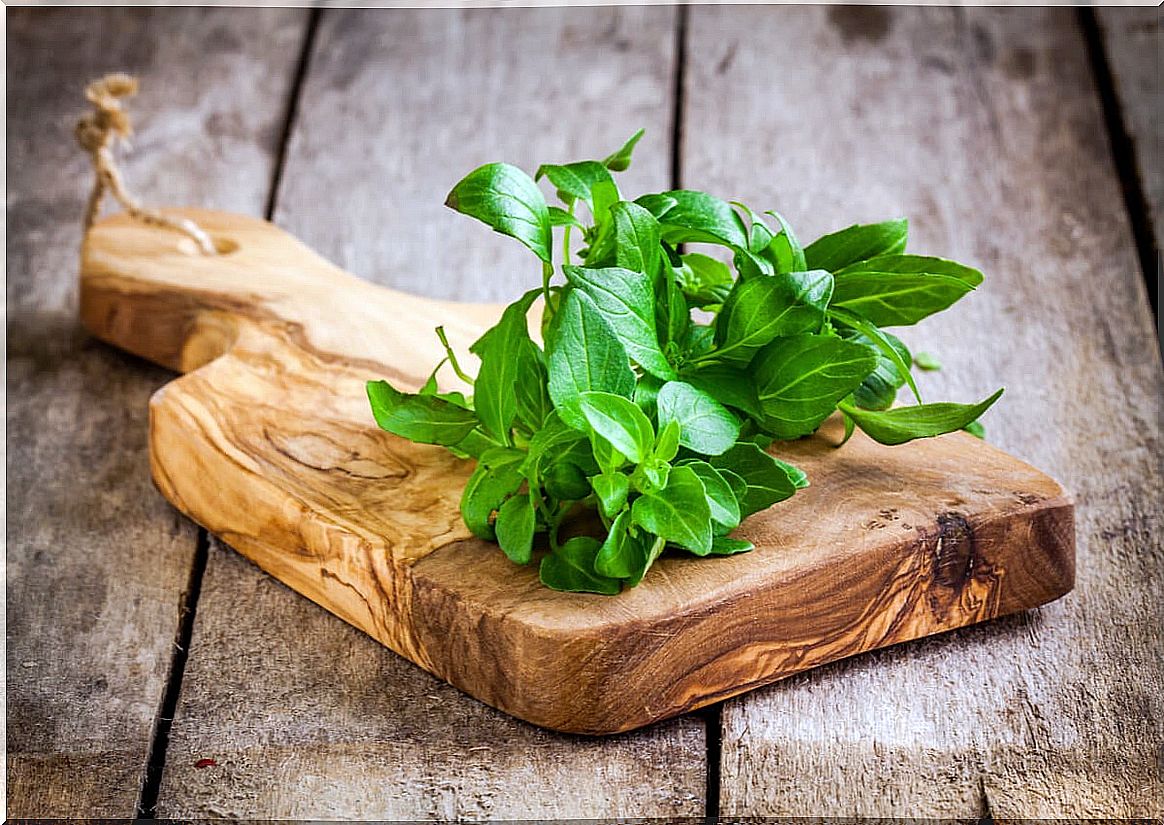
Ingredients
The ingredients that you will need to prepare homemade basil oil are simple:
- 15 grams of basil.
- 1/2 liter of extra virgin olive oil.
Homemade basil oil preparation process
The first thing to do is thoroughly wash the basil, which must be fresh. Then, it should be dried well to remove all moisture.
The next step is to put the dried leaves in the shredder and cover them with the olive oil. Keep in mind that the more oil you use, the less the thickness of the resulting product will be.
The next thing is to grind until a fine emulsion is obtained between the olive oil and the basil leaves, thus ending the procedure. Once this is done, it is advisable to store the result in a glass or glass jar that can be hermetically closed. In cold it can be kept for a month.
Anyway, it is advisable to let it marinate a few days before use. If it is stored in a cool, dark place for at least 10 days, its organoleptic properties will be greatly enhanced.
Basil oil uses
Although there are many people who consume it with a slice of bread, there are several uses that can be given to homemade basil oil. First of all, it combines very well with vegetables and salads, which improves the final result of these preparations.
On the other hand, it can also be used to season fish or meat, thus enhancing the taste of these components. It is possible to pour it on the griddle where the genus is to be cooked or also on the product itself, once browned, to improve its flavor.
It is also possible to use basil oil on potatoes or on octopus if you decide to prepare this seafood. It even accepts the addiction of other larger species well, such as oregano or thyme. Try several of them to find the combination that you like the most.
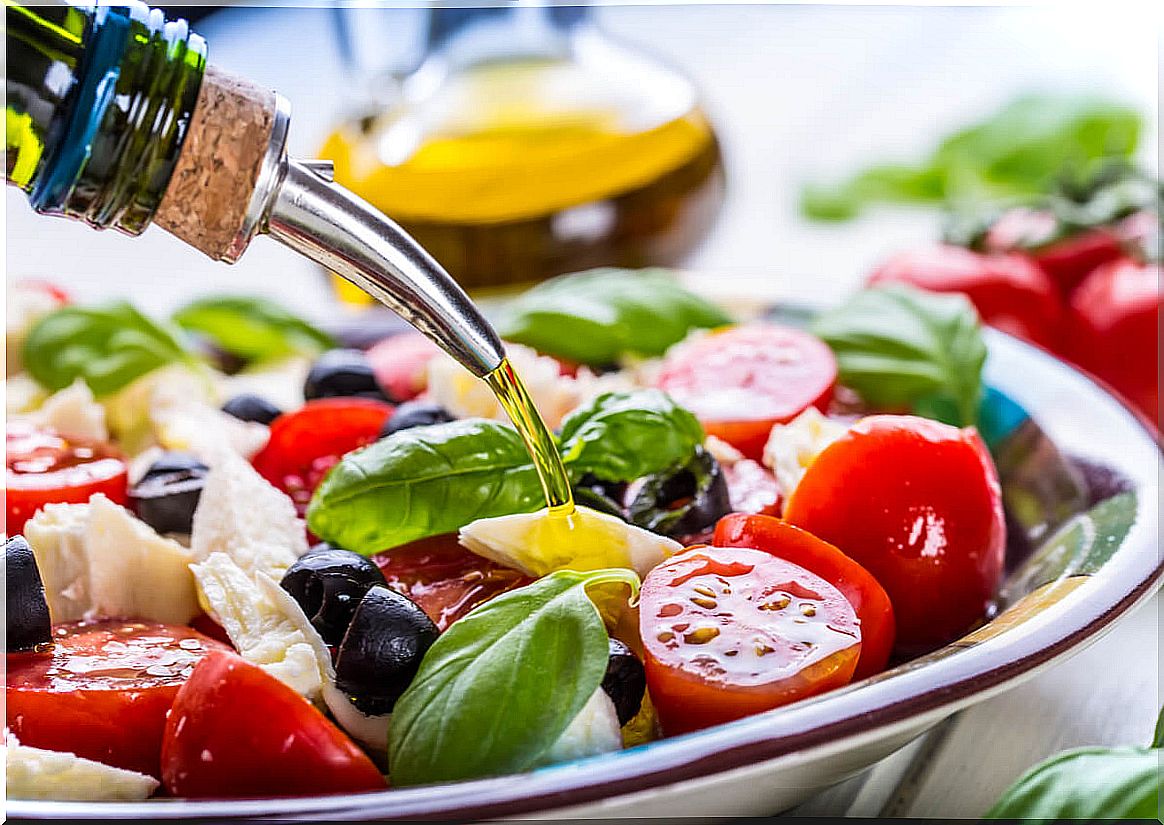
A different dressing
The preparation of basil oil is simple, it will not take you long or you will need too many ingredients. In addition, the resulting product has a good conservation, so you can prepare enough quantity at one time to use progressively.
Keep in mind that this oil is capable of providing fatty acids of the omega 3 series, beneficial for cardiovascular health and to prevent inflammatory diseases. However, avoid subjecting it to high temperatures. In this case, the fatty acids could change their spatial arrangement, transforming into trans-types, which are harmful to health.
Finally, do not forget that basil oil has great versatility. It can be used to dress dishes, on a pan to brown a product and even to make more complex sauces. It has the property of being able to combine with other different spices, being possible to offer different flavor nuances.


